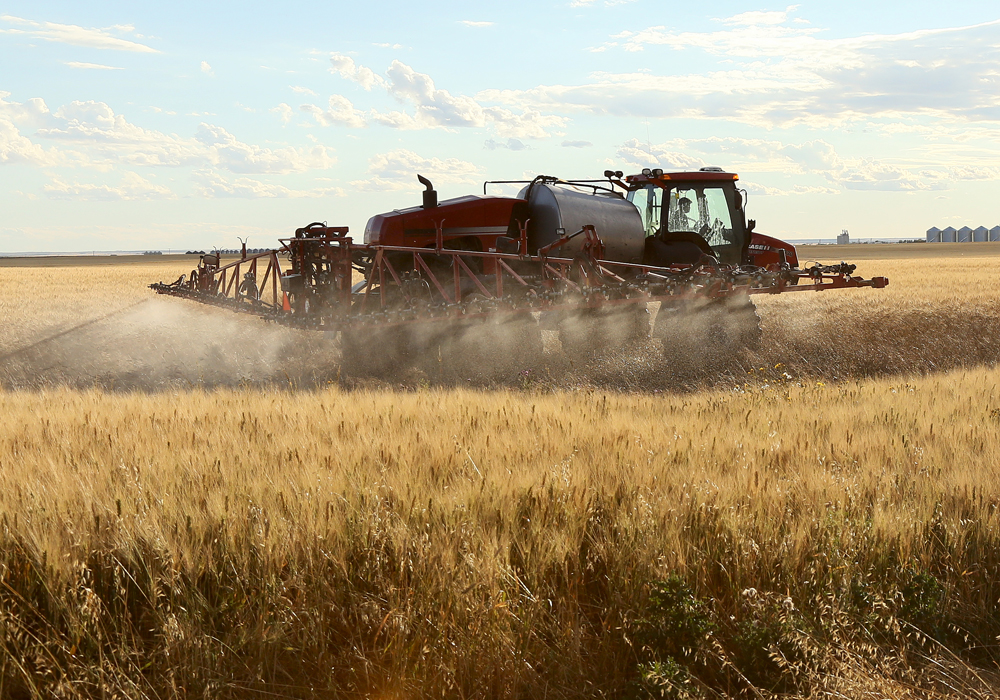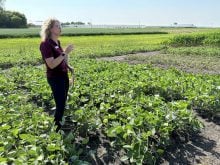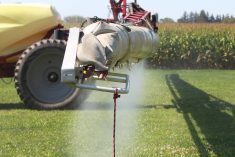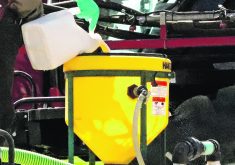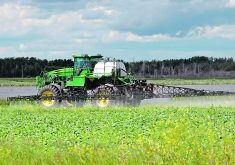BANGKOK, Thailand (Reuters) — Thailand’s government on Dec. 4 reversed a planned ban on glyphosate and delayed the imposition of bans on two other chemicals used as agricultural pesticides, citing adverse effects on farmers, industry and international trade.
Many local farmers groups have been staging protests opposing the ban, saying that the lack of inexpensive substitutes would harm their livelihood.
The United States government also protested against Thailand’s move to ban the three chemicals, particularly glyphosate, saying that it was concerned about the possible impact on U.S. agricultural exports to Thailand.
Read Also
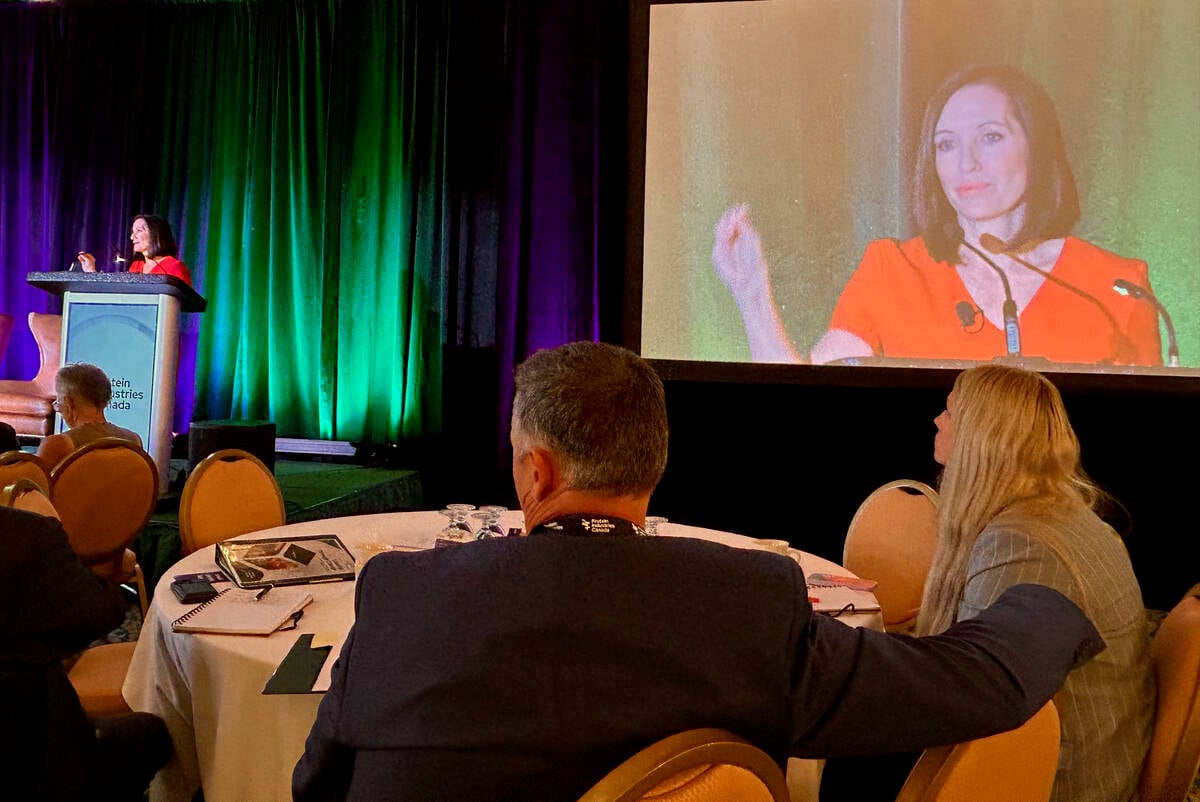
Canada told trade crisis solutions in its hands
Canadians and Canadian exporters need to accept that the old rules of trade are over, and open access to the U.S. market may also be over, says the chief financial correspondent for CTV News.
Last month, the Thai government’s National Hazardous Substances Committee voted to ban the use of glyphosate, paraquat and chlorpyrifos, three substances often found in pesticides and insecticides, highlighting them as “hazardous chemicals,” from Dec. 1.
On Dec. 4, the government lifted the ban on glyphosate, saying its use could continue within current maximum residue limits, and delayed the bans on paraquat and chlorpyrifos for six months to June 1.
The government said an abrupt ban would be costly because of the need to destroy some 23,000 tonnes of the chemicals remaining in the country.
Food and animal feed industries could also struggle to find raw materials because of the lack of alternatives to imported ingredients that use these chemicals, the statement added.
Civil society groups were upset by the reversal of the ban, saying that the government was giving in to interest groups.
A U.S. Environmental Protection Agency assessment in 2017 said that glyphosate “poses no meaningful risk to human health when used as authorized,” but it was classified by the World Health Organization’s cancer research arm in 2015 as “probably carcinogenic to humans.”



